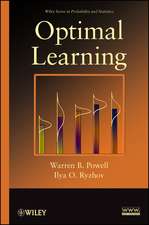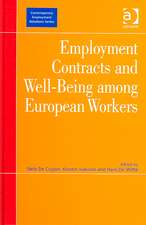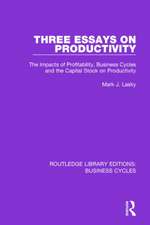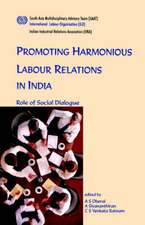Social Justice and the German Labour Market: Studies in Social and Global Justice
Autor Douglas Voigten Limba Engleză Hardback – 10 oct 2019
Preț: 812.22 lei
Preț vechi: 1112.63 lei
-27% Nou
Puncte Express: 1218
Preț estimativ în valută:
155.42€ • 161.95$ • 128.69£
155.42€ • 161.95$ • 128.69£
Carte tipărită la comandă
Livrare economică 03-17 aprilie
Preluare comenzi: 021 569.72.76
Specificații
ISBN-13: 9781786613523
ISBN-10: 1786613522
Pagini: 208
Dimensiuni: 152 x 229 x 24 mm
Greutate: 0.54 kg
Editura: Rowman & Littlefield
Seria Studies in Social and Global Justice
ISBN-10: 1786613522
Pagini: 208
Dimensiuni: 152 x 229 x 24 mm
Greutate: 0.54 kg
Editura: Rowman & Littlefield
Seria Studies in Social and Global Justice
Descriere
Offers a critical framework built on the epistemology of Frankfurt School scholars identifying the normative assumptions omnipresent in current causal and explanatory empirical studies





























